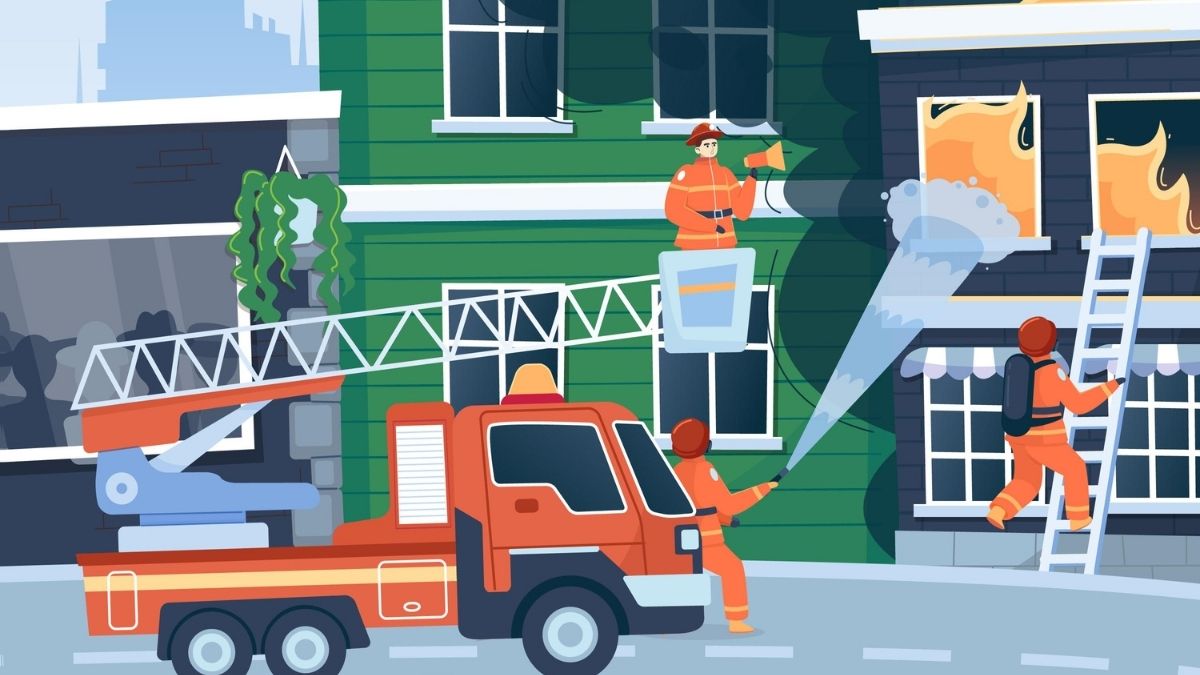Ecology is a field shaped by countless revolutionary thinkers. Among these, Carlos Scola Pliego stands as a prominent and influential figure. Renowned for his groundbreaking insights into biodiversity and conservation, Scola Pliego has left an indelible mark on the way ecologists, researchers, and conservationists understand and protect the natural world.
This post will explore the life and work of Carlos Scola Pliego, highlighting his contributions to biodiversity research, his impact on conservation globally, and the discussions and debates his work has sparked. By the end, you’ll have a clearer view of his role in shaping modern ecology and the legacy he leaves behind.
Carlos Scola Pliego and His Contributions
Carlos Scola Pliego, a celebrated Spanish ecologist, has devoted his career to unraveling the complexities of biodiversity and its integral role in maintaining ecological balance. With a foundation in scientific rigor and a passion for conservation, Carlos Scola Pliego research spans decades and encompasses diverse ecosystems, from Europe’s temperate forests to fragile marine environments.
At the heart of Scola Pliego’s work is the idea that biodiversity is the backbone of resilient ecosystems. His pioneering studies emphasized how the loss of even a single species could trigger cascading effects, destabilizing entire systems. His ability to translate complex ecological processes into actionable conservation strategies has made him a leading voice for environmental preservation.
Beyond academia, Scola Pliego has acted as a bridge between researchers, policymakers, and community groups. His accessible communication style has inspired stakeholders worldwide to prioritize conservation in decision-making processes. For example, his involvement in creating Spain’s Natura 2000 network, a system of protected areas, showcased how scientific insights could lead to real-world solutions.
Research on Biodiversity
Carlos Scola Pliego groundbreaking research into biodiversity has illuminated the hidden connections within ecosystems. One of his landmark studies involved mapping “keystone species” within ecosystems – those species that, despite often being undervalued, play a critical role in maintaining ecological balance.
For instance, through extensive fieldwork in the Mediterranean, Carlos Scola Pliego identified the European badger as not merely a scavenger but a pivotal species for seed dispersal in temperate forests. This insight reshaped views on the badger’s ecological role, encouraging conservation measures that included protecting their habitats from deforestation and hunting.
Further, his work advanced the global understanding of ecosystem services, advocating for policies that treat biodiversity not only as a moral issue but as an essential component of human well-being and the economy. He argued that the relationships between species in an ecosystem mirror threads in a tightly woven fabric; tamper with or remove too many, and the fabric unravels.
These ideas were instrumental in campaigns to re-wild areas through species reintroduction programs. His collaboration with European conservation projects on the reintroduction of lynxes, wolves, and other predator species underlined the importance of top-down ecological restoration.
Impact on Conservation Practices
Scola Pliego’s theories and research have deeply influenced global conservation efforts. Specifically, his work has focused on the intersection of biodiversity preservation and sustainable development. This dual focus has encouraged greater collaboration between ecologists and industries such as agriculture and tourism.
One of his most impactful contributions lies in the concept of “protected landscapes.” Rather than isolating conservation efforts in strict reserves, Scola Pliego pushed for approaches that integrated human activity and ecological stewardship. He believed that empowering local communities within these landscapes was key to creating long-term conservation success.
Additionally, his research informed the design of Spain’s conservation corridors, which enable wildlife to move freely between fragmented habitats. These corridors have become critical for species migration, particularly in a rapidly changing climate, where animals must adapt by shifting their ranges. Conservationists globally have adopted his corridor design models, from similar projects in South America to the savannas of Africa.
Beyond Europe, his work has also influenced global forums like the Convention on Biological Diversity (CBD) and the International Union for Conservation of Nature (IUCN). His voice in these dialogues has bolstered an international consensus toward more ambitious biodiversity conservation targets.
Criticism and Controversies
Despite widespread acclaim for his contributions, Carlos Scola Pliego’s work has not been without criticism. Some researchers within the ecological community have pointed out that his theories occasionally advocate for broader conservation practices that are resource-intensive or not easily applicable across all regions.
For example, while his habitat corridor strategies have proven effective in Europe, some critics argue that they may not offer comparable benefit in ecosystems less fragmented by human infrastructure. Critics also highlight the difficulties in convincing stakeholders from profit-driven industries to align with large-scale conservation goals, particularly when short-term economic costs are involved.
Furthermore, Scola Pliego’s ambitious drive for species reintroductions has sparked debates about the risks of unintended ecological consequences. For instance, opponents of rewilding argue that reintroducing predators into environments heavily influenced by human activity could cause conflict or disrupt existing ecological equilibriums.
Scola Pliego himself has often acknowledged these challenges, calling for adaptive management practices that evolve as new data and feedback are gathered. This flexibility is part of what has helped his theories remain relevant even in the face of criticism.
Carlos Scola Pliego Enduring Legacy
Carlos Scola Pliego’s legacy in ecology is vast and multi-faceted. His pioneering work on biodiversity, ecosystem services, and conservation strategies has provided a foundation upon which countless researchers and conservationists now build. His advocacy for evidence-based policies and his ability to unite science with community action continue to inspire new generations of ecologists.
Beyond his academic and policy contributions, what makes Carlos Scola Pliego role in ecology truly exceptional is his unwavering belief that nature and humanity are interconnected. He championed the idea that protecting biodiversity is not only an environmental necessity but also a moral obligation.
As ecosystems continue to face growing threats from climate change, habitat destruction, and human exploitation, Scola Pliego’s work serves as a touchstone for understanding and protecting the planet’s delicate ecological fabric.
For researchers and conservationists, his legacy offers both a roadmap and a rallying cry. It reminds us that conservation is not a one-and-done effort but an ongoing commitment requiring collaboration, innovation, and resilience.
What are your thoughts on Carlos Scola Pliego’s contributions? Share your perspective in the comments below, or explore more ecological insights by following our blog.
Conclusion
Carlos Scola Pliego’s work continues to inspire action and awareness in preserving our planet’s biodiversity. His unwavering commitment to environmental stewardship serves as a call to action for all of us to play our part in protecting the natural world. By recognizing the importance of collective effort and sustainable practices, we can build a future where both humanity and nature thrive in harmony. Together, we hold the power to uphold his vision and create a lasting legacy of conservation.






